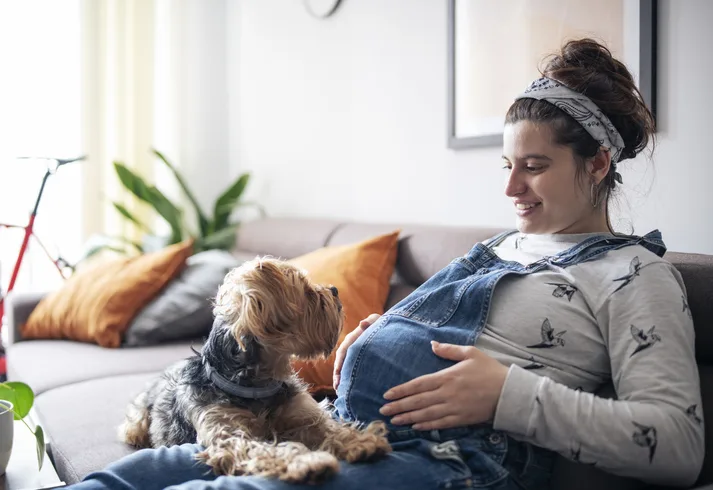
Dear Second Opinion,
I recently diagnosed a dog with pyoderma caused by methicillin-resistant Staphylococcus pseudintermedius (MRSP), and the client asked if her immunocompromised husband was at risk for contracting MRSP infection from the dog. I did some research after the visit and was alarmed to learn there was a risk. This made me think about the other times I sent a patient home with a resistant infection and did not ask about immunocompromised individuals in the home.
I always bring up potential risks involving known zoonotic diseases (eg, leptospirosis, plague) that can infect humans regardless of their health. Am I also obligated to ask clients whether there are immunocompromised, pregnant, or otherwise at-risk individuals in their households? What are the repercussions if I do not?
Sincerely,
Panicked in Hindsight
Dear Panicked in Hindsight,
Although zoonotic disease is always something we should consider, in my 26 years in practice, I have never seen a case lead to a serious zoonotic infection. Staphylococcus pseudintermedius can infect humans, but this is rare, even in those who are immunocompromised.1
You cannot know the details of your client’s or their household members’ medical history, and I do not believe it is a veterinarian’s responsibility to investigate a client’s health status. It is however critically important to inform clients of the risks associated with zoonotic disease. Consider preparing a standard disclaimer that mentions immunocompromised individuals to help mitigate responsibility. Many veterinary software programs can attach prepared statements to discharge handouts. An example statement might read as: Your pet may be or has been diagnosed with a disease that has potential to infect humans. The risk to your household’s health in most circumstances is very low. If you or someone in your household is immunocompromised, pregnant, or in a high-risk category, please contact your healthcare provider to discuss taking additional measures of protection. Our clinic is available to answer any questions.
If you are concerned in retrospect for the client you mentioned, it is not too late to call and provide the information you learned. Regarding previous cases, if you have not heard from them by now, there is likely no need for concern. Hindsight is helpful when it allows us to move forward and improve but can be damaging when it causes anxiety about things we cannot change.
Sincerely,
Barak Benaryeh DVM, DABVP